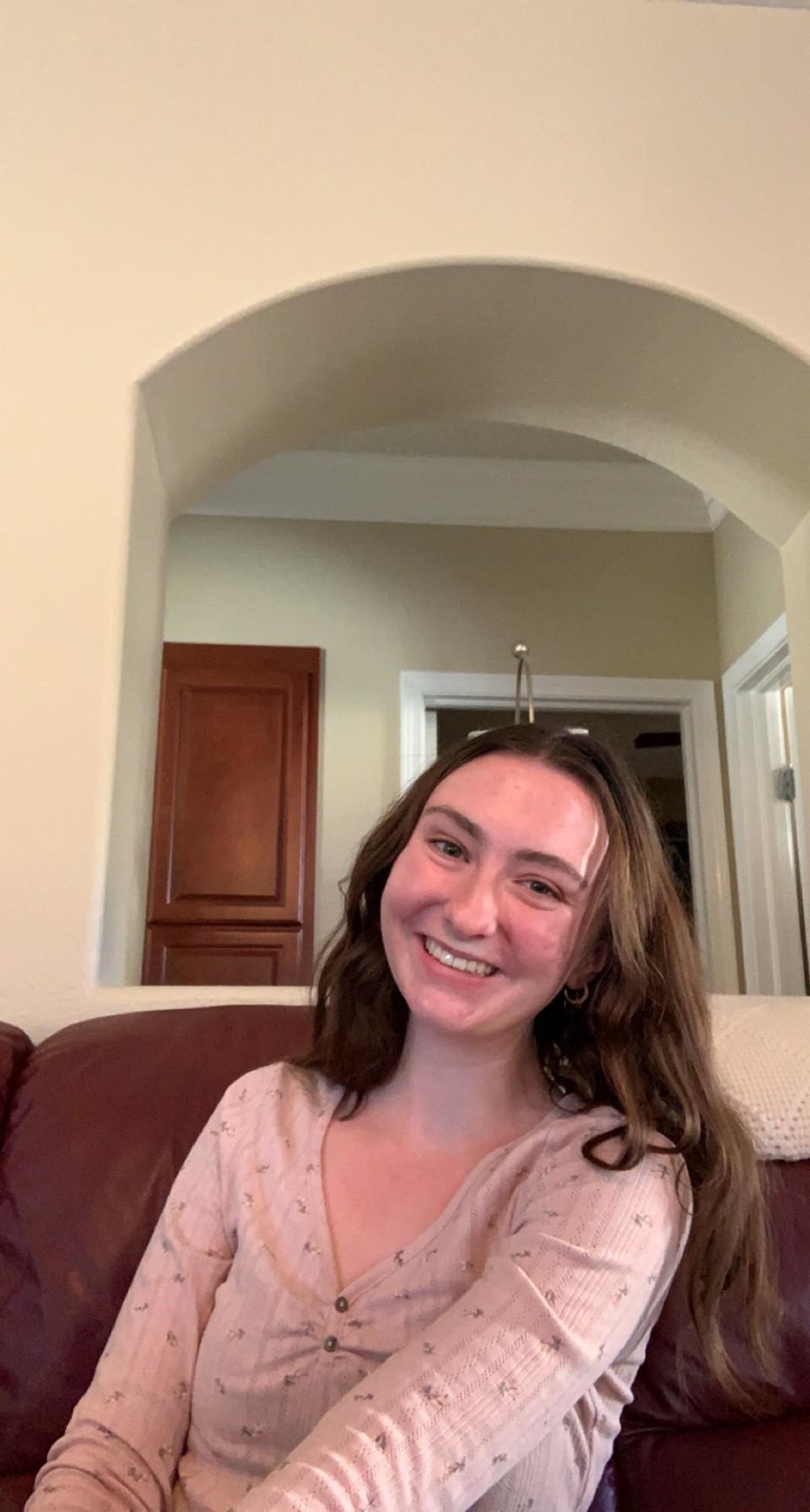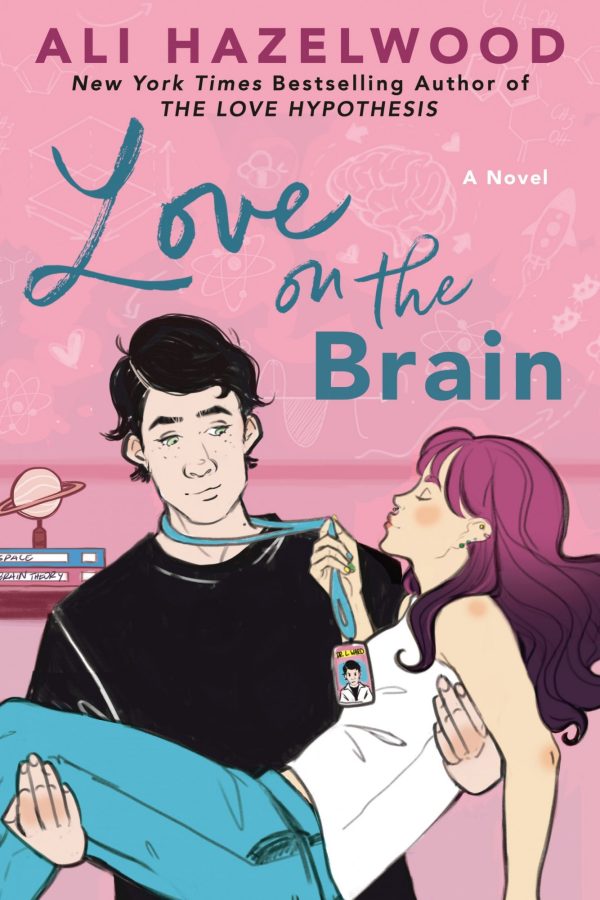“I marvel that I was given credit for my idea. Goes to show how low the bar is for cis dudes in STEM, doesn’t it?”
One of my favorite books from 2021 was “The Love Hypothesis” by Ali Hazelwood, and I was so excited to learn that she had released another book titled “Love on the Brain”; however, this novel missed the mark for me.
I, like many readers active on BookTok, read Hazelwood’s massive hit “The Love Hypothesis.” I loved the characters she created for that book, but they seemed to make a second appearance in everything but name in “Love on the Brain.” We have Bee Königswasser, a STEM-loving woman who has to prove herself capable of working on a project for NASA, and we also have Levi Ward who sticks up for the main character and is secretly in love with her but feels he can’t be with her because they are academic rivals.
Hazelwood writes about women in STEM and the trouble that comes with the industry; she writes about misogynistic coworkers and not being taken seriously. She writes about women in STEM, which is terrific because I have never seen books with STEM women as main characters. Her stories have given people insight into the academic side of STEM, and if I had not read her first book, I would have enjoyed her second novel much more.
The main character, Bee Königswasser, fell flat for me. She was supposed to be a huge intellectual but felt too ditzy. She did many things I do not think fit her character, like forgetting her keys in a cemetery which made her seem unintelligent, which she is not. She did not communicate well and was always going on about her “feud” with Levi Ward, which was tiresome to read because it was repetitive. I think she would have been a stronger character if her actions had been more thought through.
The love interest, Levi Ward, fell flat as well. He was too similar to the love interest in “The Love Hypothesis.” They were both described as experts in their respective fields, did not know how to express emotions and were tall. However, I did like his relationship with his best friend’s family because it showed how much he cared about them.
Bee talked extensively about “WurstFest” and other more provocative ways to discuss men, and while I found it funny the first few times, by the end of the book she made those references on almost every page, which was annoying and repetitive. There were times when the storyline went off on tangents, such as when Bee mentioned Marie Curie when it did not make sense for her to do so. I did like how Bee loved Curie and had a blog dedicated to her but there was a lot of information about Curie that did not fit into the story. I learned more about Curie than the actual characters, and all of the references to Curie did not add much to the development of the characters.
RELATED: BOOK REVIEW: ‘100 Things To Do in Tucson’ second edition
The book also contains the miscommunication trope, which I dislike because it can usually be solved with a minute-long conversation to avoid conflict. The miscommunication trope in this book is frustrating because the characters can solve the issue with one conversation. If a novel revolves around this trope of miscommunication, then the book is poorly written in my opinion. Novels feel lazy when authors do this because it feels like the miscommunication existed only so the author could make the story last longer.
I understand that humans do not communicate well, but in this novel it was outrageous. I had to stop reading at multiple points because I was frustrated with the characters not talking to each other about the obvious problem.
I understand that this book is labeled “contemporary romance,” but many modern touches felt like they were trying too hard to be relatable. Harry Potter was mentioned within the first chapter, which seemed like something that the majority of contemporary books have to show that they are quirky. I usually love contemporary romances, but this book was not one of my favorites.
All of this being said, I rated this book two out of five stars. There were aspects that I enjoyed, like the STEM angle, but there were more things I disliked than liked about the book that dragged the story down for me and made it a dud.
Follow Kelly Marry on Twitter

Kelly Marry (she/her) is a freshman majoring in journalism and public relations. She loves to read and travel in her free time.









